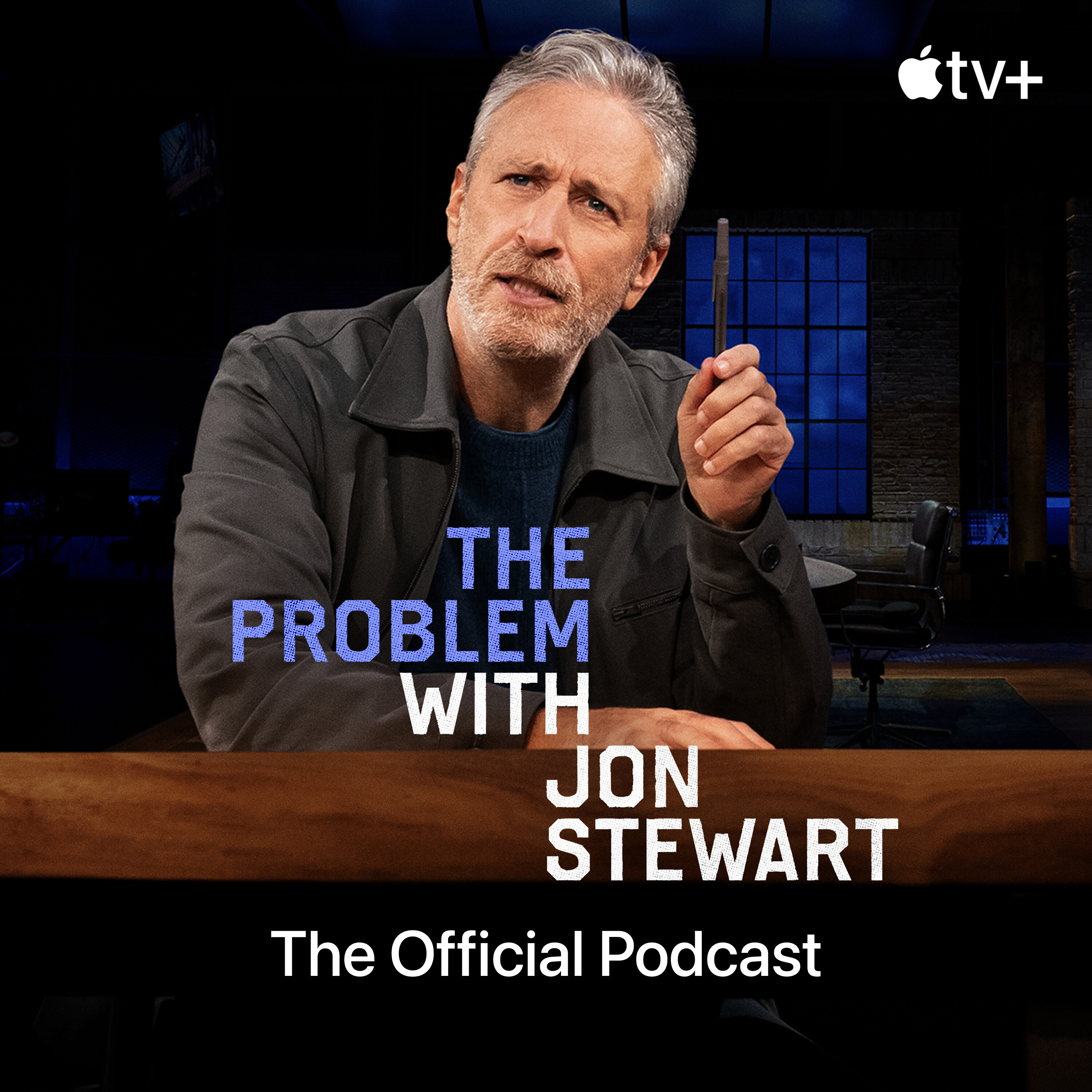Chapter

Legal Implications of Defamation and the First Amendment
The Supreme Court's ruling in New York Times v. Sullivan established that public officials and figures cannot weaponize defamation laws to silence their critics. While lies and falsehoods may make their way into public discourse, it shouldn't be easy to sue for defamation, especially in cases involving matters of public concern and public figures.
Clips
The Supreme Court has declared that for First Amendment purposes and for democracy preservation purposes, public officials and public figures cannot weaponize defamation law to try to silence their critics.
12:06 - 18:40 (06:34)
Summary
The Supreme Court has declared that for First Amendment purposes and for democracy preservation purposes, public officials and public figures cannot weaponize defamation law to try to silence their critics. The idea is to not make it very easy to sue for defamation, especially on matters of public concern and when the ones who are suing are public figures or officials.